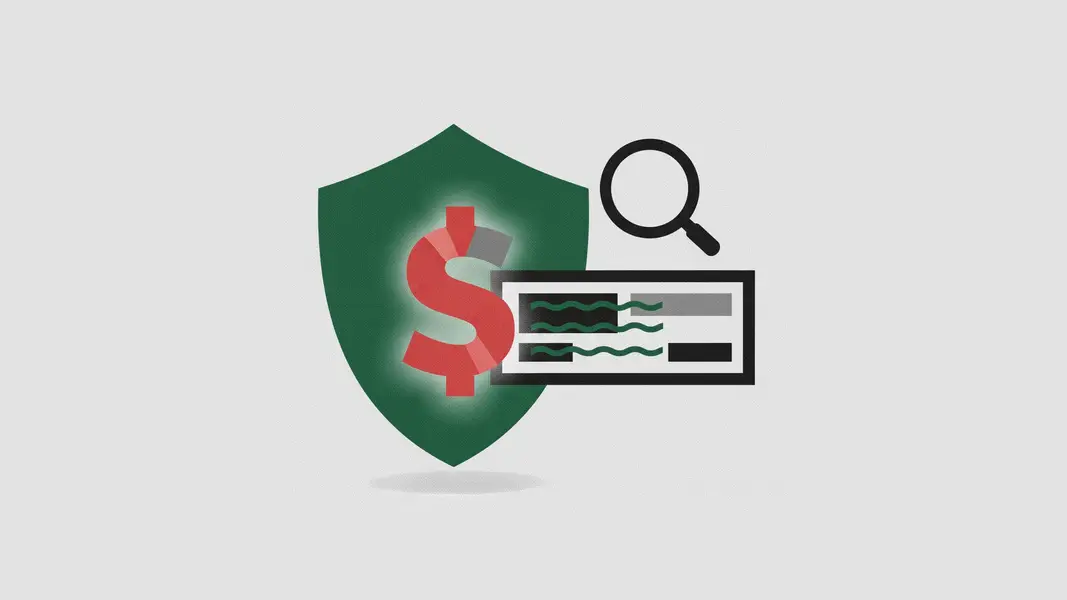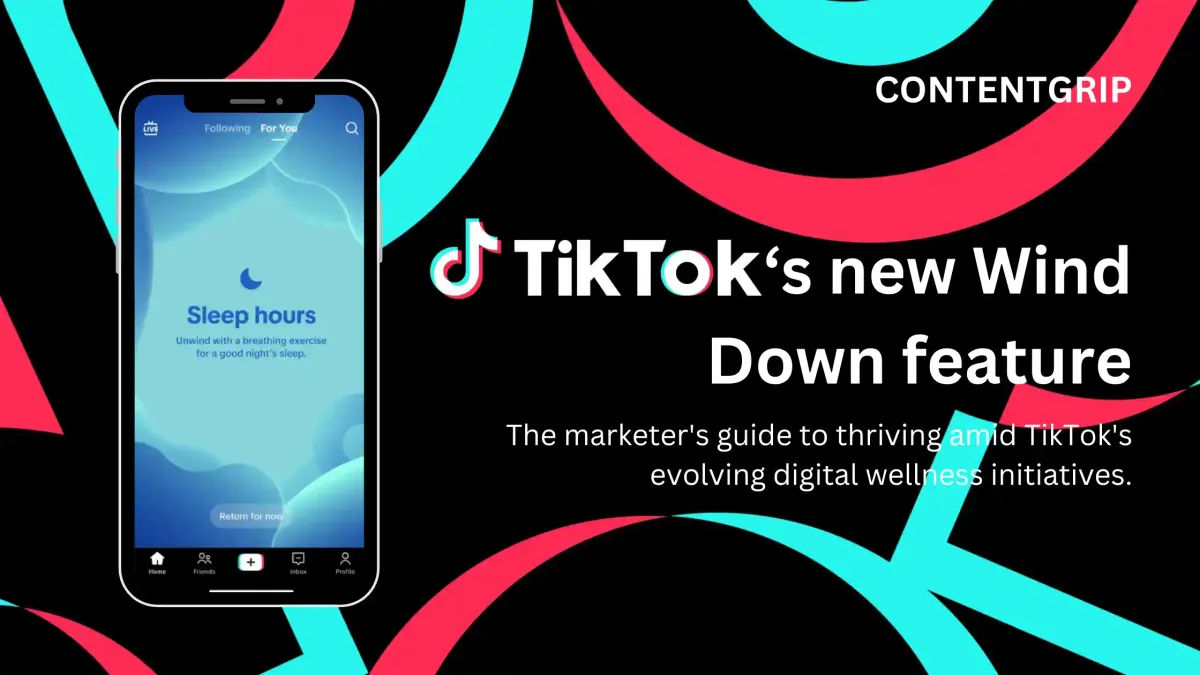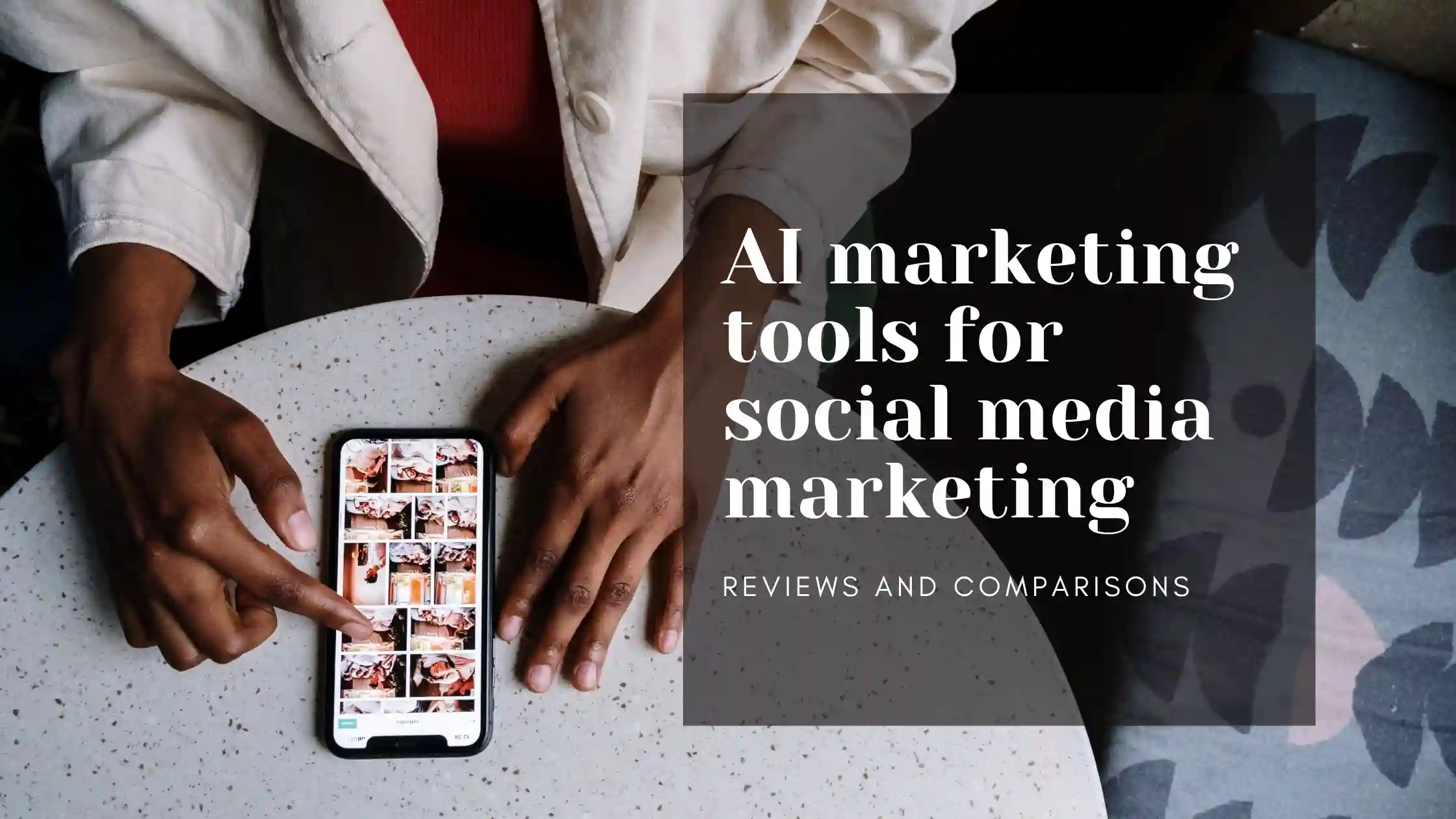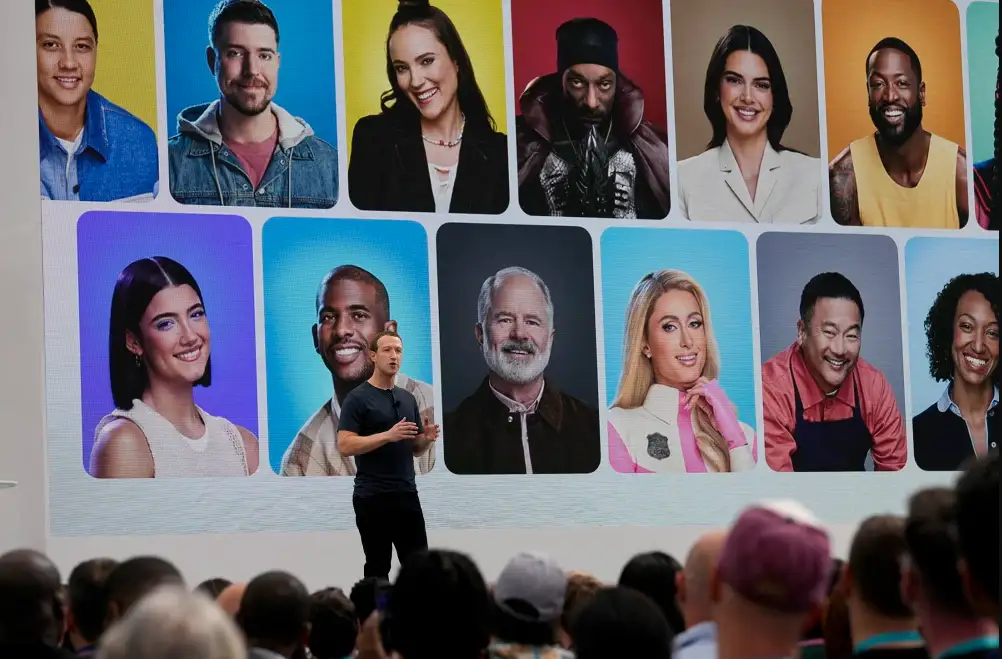Novacap’s US$1.9B move into ad verification: what marketers should know
Novacap’s US$1.9B acquisition of IAS signals shifts in ad verification tools and transparency that marketers can’t afford to ignore.

Novacap set to take Integral Ad Science private in US$1.9 billion deal
Private equity firm Novacap is set to acquire ad verification company Integral Ad Science (IAS) in a transaction valued at about US$1.9 billion. The deal would take IAS private, positioning Novacap to oversee a business that has become a cornerstone in digital advertising’s brand safety and measurement ecosystem.
IAS, founded in 2009, is best known for its tools that help advertisers assess whether their ads are viewable, fraud-free, and appearing in brand-safe environments. In recent years, it has built partnerships with platforms like YouTube and TikTok to provide advertisers with third-party verification.
The move is one of Novacap’s most significant recent steps into ad tech, underscoring the growing role of verification in global digital advertising.

Short on time?
Here’s a quick guide to the key sections:
- Why this deal could reshape ad measurement
- What marketers should watch closely
- Why agencies may rethink their verification playbook
- The bigger picture
Why this deal could reshape ad measurement
The acquisition comes as digital advertising faces mounting pressure around transparency and efficiency. Marketers are under scrutiny to prove ROI on ad spend, while regulators in both the US and EU push platforms to curb fraud and misinformation.
IAS sits at the intersection of these challenges, providing the verification layer brands and agencies rely on to safeguard campaigns. By taking IAS private, Novacap may be betting on accelerating demand for independent measurement as advertisers grow wary of platform-reported metrics.
At the same time, the shift to a private ownership model could give IAS more freedom to innovate without the quarter-to-quarter pressure of public markets. For marketers, this may mean faster development of solutions in areas like cross-platform verification, connected TV, or even emerging AI-driven ad formats.

What marketers should watch closely
Here are three implications worth noting:
Verification as a power play
Ad measurement is no longer optional. If Novacap invests further into IAS’s tech stack, we could see stronger integrations with DSPs and social platforms, giving marketers more real-time insights into campaign quality. This could make verification data a key bargaining chip in negotiations with media partners.
Private equity influence on ad tech
PE-backed firms often focus on operational efficiency and rapid scaling. Marketers may want to watch whether IAS shifts pricing models, expands into new verification products, or pursues aggressive partnerships to grow market share. A leaner, growth-focused IAS could also create new dynamics for agencies who manage verification contracts on behalf of brands.
Brand safety spotlight
As generative AI fuels a surge in synthetic content, the demand for reliable verification tools is set to rise. Beyond obvious risks like deepfake videos, there’s also the issue of ads appearing alongside misleading AI-generated articles or unsafe programmatic placements. IAS under Novacap’s ownership could position itself as a key player in helping brands navigate these risks, especially as regulators sharpen their scrutiny of digital ad environments.
Why agencies may rethink their verification playbook
Media agencies will likely use this deal as a signal to reassess their verification strategies. Some may double down on IAS to benefit from new product investments, while others could explore alternatives like DoubleVerify to diversify risk. Either way, marketers should expect agencies to push harder on ensuring independent, third-party data is central to campaign reporting and brand safety guarantees.

The bigger picture
One possible takeaway is that verification is moving from a niche add-on to a critical layer of the ad ecosystem. For marketers, this means brand safety and transparency will likely become standard KPIs alongside impressions and conversions.
Another consideration: consolidation in ad tech often leads to fewer, more powerful players. With Novacap now moving IAS off the public market, marketers should track how competitive dynamics shift between IAS, DoubleVerify, and other verification providers. The outcome could reshape not only pricing but also the pace of innovation in verification technology.





